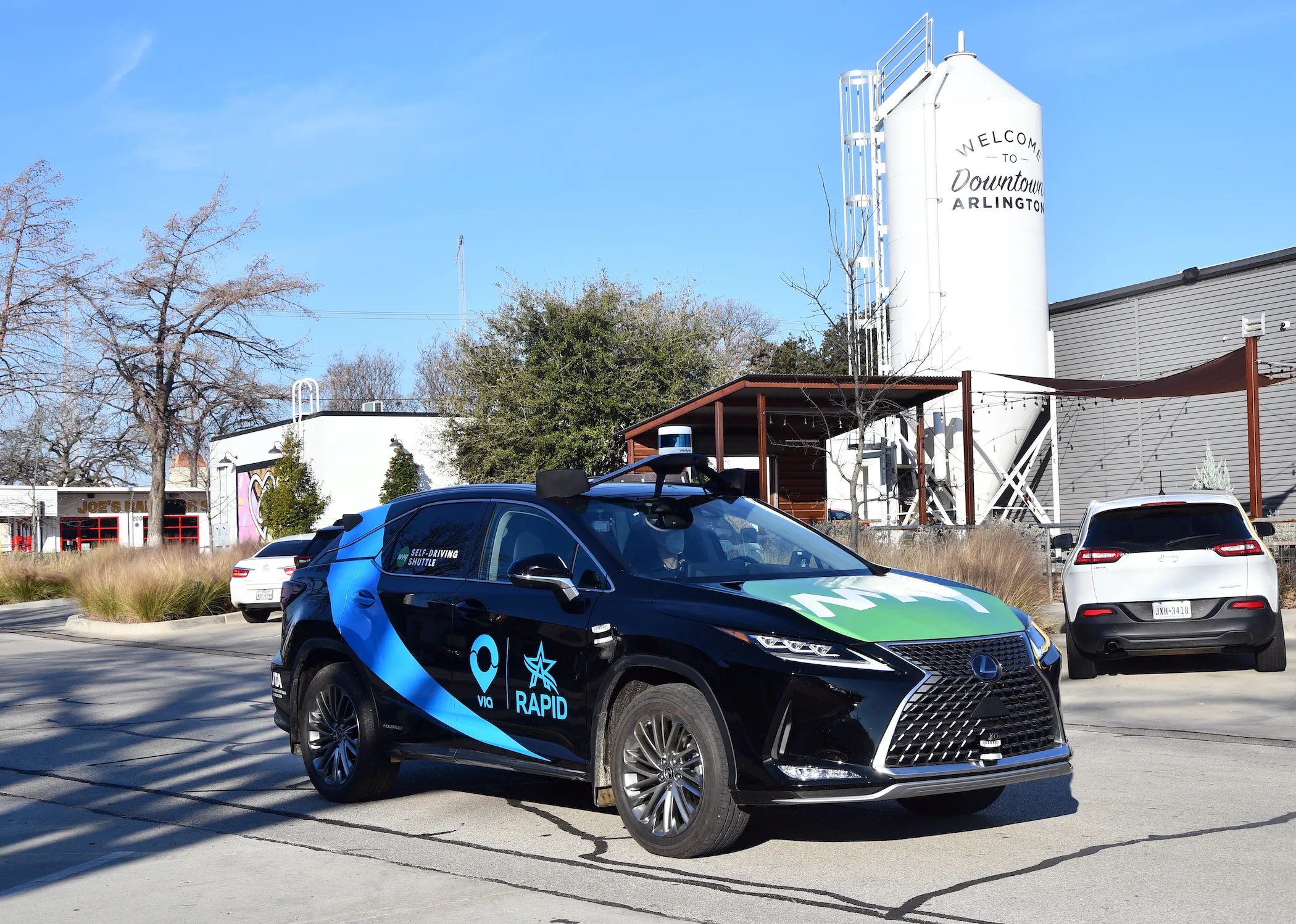French engineering group Egis is to operate the public cycle scheme in the city of Krakow, Poland, under an eight-year contract, during which Egis will replace the existing scheme with a new one, integrating the user database to ensure continuity.
The contract involves an implementation period of three months after which the new generation bikes will be deployed progressively to reach 1500 active elements by April 2017.
The new scheme will use a technology developed by the Social Bicycles company, whe
July 27, 2016
Read time: 2 mins
French engineering group 7319 Egis is to operate the public cycle scheme in the city of Krakow, Poland, under an eight-year contract, during which Egis will replace the existing scheme with a new one, integrating the user database to ensure continuity.
The contract involves an implementation period of three months after which the new generation bikes will be deployed progressively to reach 1500 active elements by April 2017.
The new scheme will use a technology developed by the Social Bicycles company, where the intelligence for renting and returning a bike is located on the bike rather than at the station. This aims to improve user experience by enabling users to park the bike nearby if a station is full, and booking online at a convenient location via a mobile app. All bikes are equipped with a GPS and an accelerometer which allows the operator to track each bike in real time.
The contract involves an implementation period of three months after which the new generation bikes will be deployed progressively to reach 1500 active elements by April 2017.
The new scheme will use a technology developed by the Social Bicycles company, where the intelligence for renting and returning a bike is located on the bike rather than at the station. This aims to improve user experience by enabling users to park the bike nearby if a station is full, and booking online at a convenient location via a mobile app. All bikes are equipped with a GPS and an accelerometer which allows the operator to track each bike in real time.










